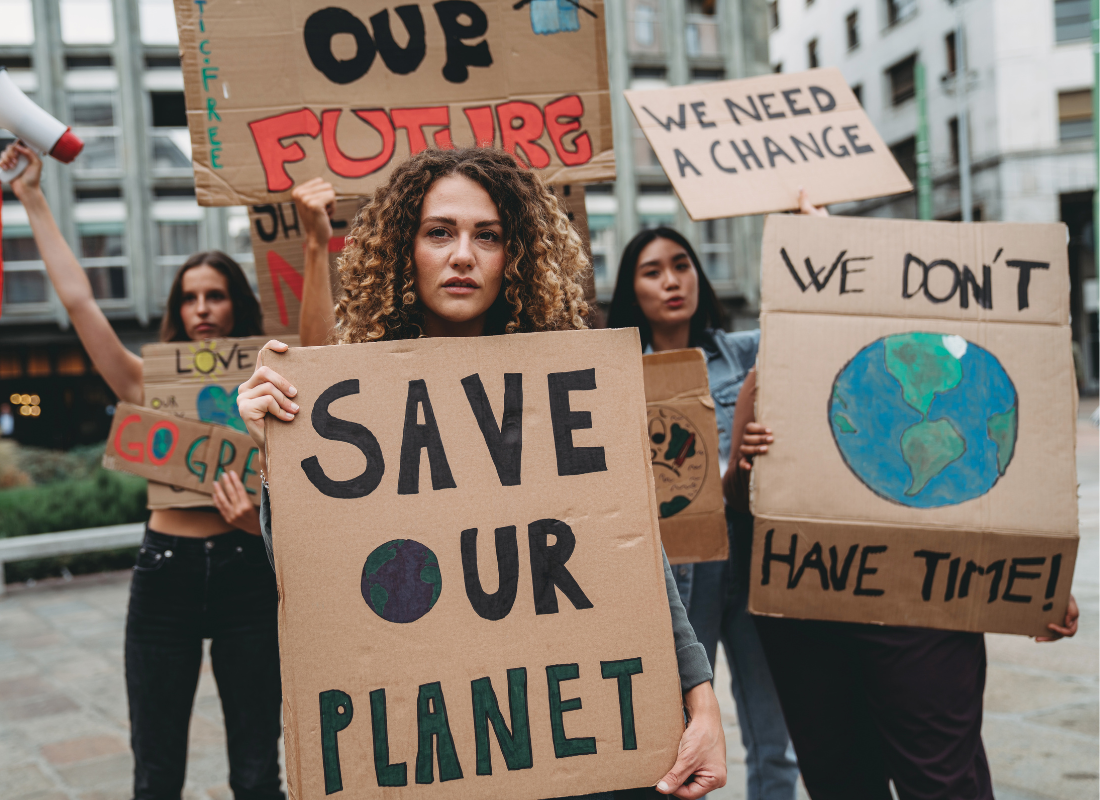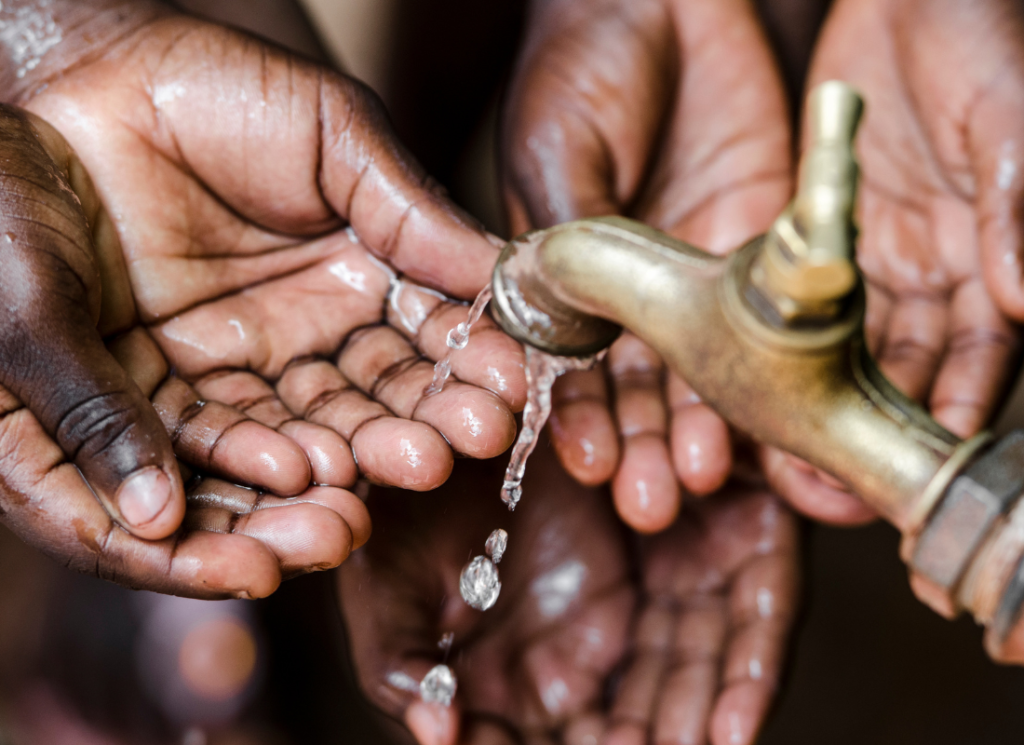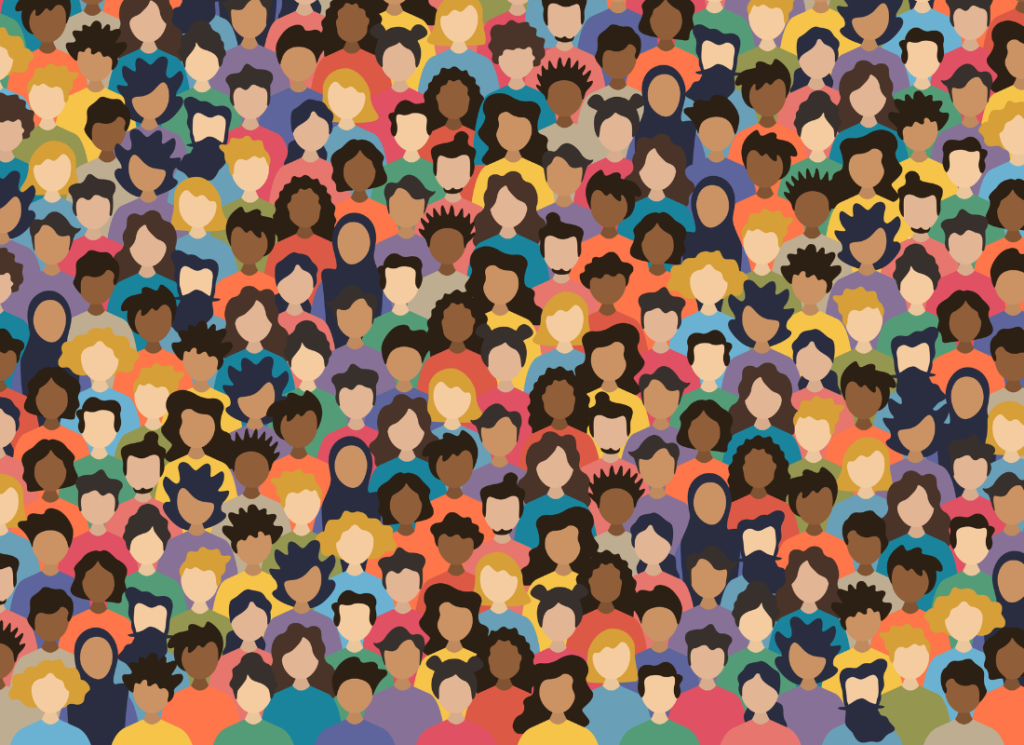
The Sustainable Development Goals (SDGs), adopted by all United Nations Member States in 2015, are a universal call to action to end poverty, protect the planet, and ensure that all people enjoy peace and prosperity by 2030. Comprising 17 goals and 169 targets, the SDGs address global challenges, including poverty, inequality, climate change, environmental degradation, peace, and justice. As the 2030 deadline approaches, the urgency to meet these goals becomes increasingly critical. The following explores the reasons behind this urgency and the necessary actions to ensure these ambitious objectives are achieved.
The Current State of Progress
Despite significant efforts and progress in some areas, many of the SDGs are not on track. According to the United Nations’ 2022 report, the world was already off track before the COVID-19 pandemic, and the crisis has further derailed progress. The pandemic has exacerbated inequalities, pushing millions back into poverty, and disrupting health, education, and economic systems. Climate change continues to accelerate, with extreme weather events becoming more frequent and severe. Biodiversity loss, pollution, and deforestation also persist, threatening ecosystems and human livelihoods.
Why the SDGs are Urgent
- Humanitarian Need: Over 700 million people live in extreme poverty, surviving on less than $1.90 a day. Achieving SDG 1 (No Poverty) and SDG 2 (Zero Hunger) is imperative to provide basic human rights and dignity. Ensuring food security, access to clean water, sanitation, and health care (SDG 3) are foundational to improving living standards and enabling people to lead productive lives.

- Environmental Preservation: SDG 13 (Climate Action) underscores the need to combat climate change and its impacts. The Intergovernmental Panel on Climate Change (IPCC) has warned that global temperatures are likely to rise by 1.5°C above pre-industrial levels by 2030 if current trends continue. Immediate action is required to reduce greenhouse gas emissions and transition to renewable energy sources. Preserving biodiversity (SDG 15) and managing resources sustainably (SDG 12) are also crucial to maintaining the health of our planet.

- Social Equity: Achieving gender equality (SDG 5) and reducing inequalities (SDG 10) are critical for social stability and economic development. Discrimination, violence, and lack of opportunities for women, minorities, and marginalized groups hinder societal progress. Empowering these groups through education (SDG 4), economic inclusion, and legal rights will enhance social cohesion and drive sustainable development.

- Economic Sustainability: SDG 8 (Decent Work and Economic Growth) aims to promote inclusive and sustainable economic growth, employment, and decent work for all. With the global economy recovering unevenly from the pandemic, fostering resilience, innovation, and equitable growth is essential to prevent future crises and ensure long-term prosperity.

- Peace and Governance: SDG 16 (Peace, Justice, and Strong Institutions) emphasizes the need for effective, accountable, and inclusive institutions. Conflict, corruption, and weak governance undermine development efforts and erode public trust. Strengthening the rule of law, promoting human rights, and ensuring access to justice are vital for peaceful and resilient societies.

Actions to Accelerate Progress
To meet the SDGs by 2030, a multifaceted and collaborative approach is required. Governments, businesses, civil society, and individuals must work together to implement the following actions:
- Policy and Governance: Governments must prioritize the SDGs in their national policies and budgets. This includes creating enabling environments for sustainable development, enforcing regulations to protect the environment, and ensuring social protection. International cooperation and funding are also critical, especially for developing countries that lack the resources to achieve the SDGs independently.

- Sustainable Business Practices: The private sector plays a crucial role in achieving the SDGs. Businesses must adopt sustainable practices, reduce their environmental impact, and promote social responsibility. This can be achieved through innovation, investment in green technologies, and adhering to ethical standards. Corporate Social Responsibility (CSR) initiatives and sustainable supply chains are examples of how businesses can contribute to the SDGs.
- Data and Monitoring: Reliable data and monitoring systems are essential to track progress and make informed decisions. Governments and organizations need to invest in data collection and analysis, ensuring transparency and accountability. Innovative technologies such as satellite imagery, mobile data collection, and artificial intelligence can enhance monitoring efforts and provide real-time insights.

- Community Engagement: Local communities must be at the forefront of SDG implementation. Grassroots organizations, non-profits, and local governments need to collaborate to address specific challenges and harness local knowledge. Empowering communities through education, awareness, and participation ensures that development efforts are inclusive and culturally relevant.
- Education and Awareness: Raising awareness about the SDGs and their importance is crucial. Educational institutions, media, and civil society organizations should promote understanding and engagement with the SDGs. Incorporating sustainable development into school curricula, public campaigns, and community programs can foster a culture of sustainability and collective action.

- Financing for Development: Achieving the SDGs requires substantial financial resources. Innovative financing mechanisms, including public-private partnerships, impact investing, and development aid, are necessary to bridge the funding gap. Financial institutions must also align their investments with sustainable development principles, promoting green and social bonds, and divesting from harmful industries.
Conclusion
The urgency to meet the Sustainable Development Goals by 2030 cannot be overstated. The SDGs represent a comprehensive framework for addressing the world’s most pressing challenges and ensuring a sustainable future for all. As the deadline approaches, intensified efforts, collaboration, and commitment are essential. By prioritizing humanitarian needs, preserving the environment, promoting social equity, fostering economic sustainability, and strengthening peace and governance, we can achieve the SDGs and create a better world for current and future generations. The time to act is now, and the responsibility lies with each of us to contribute to this global endeavor.





